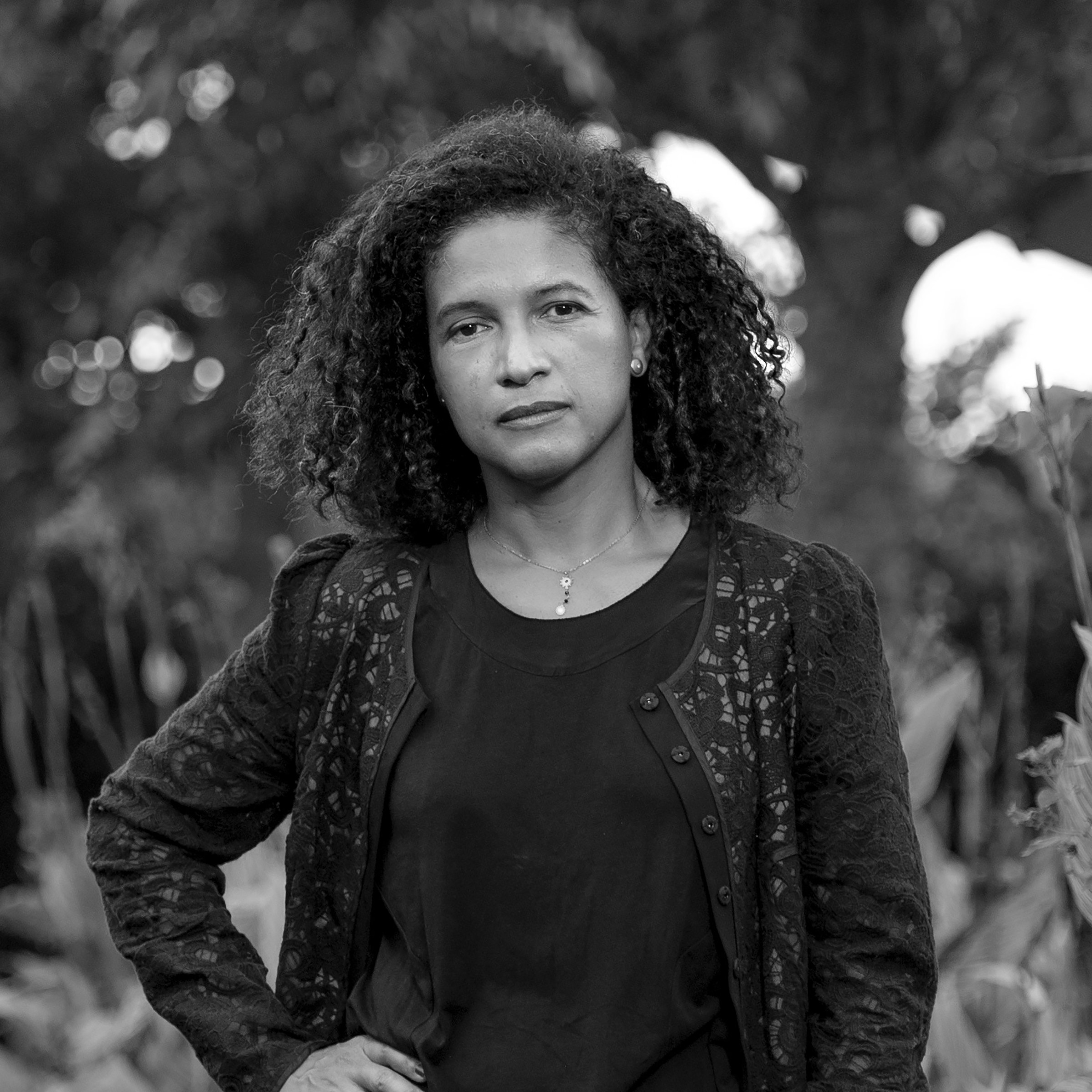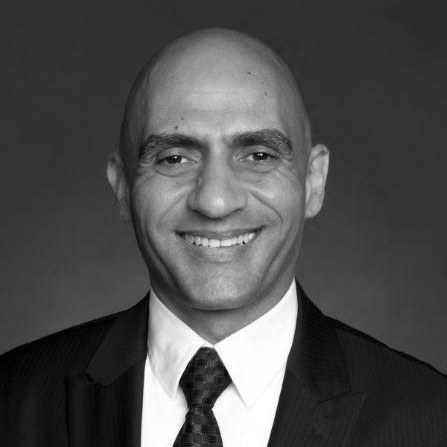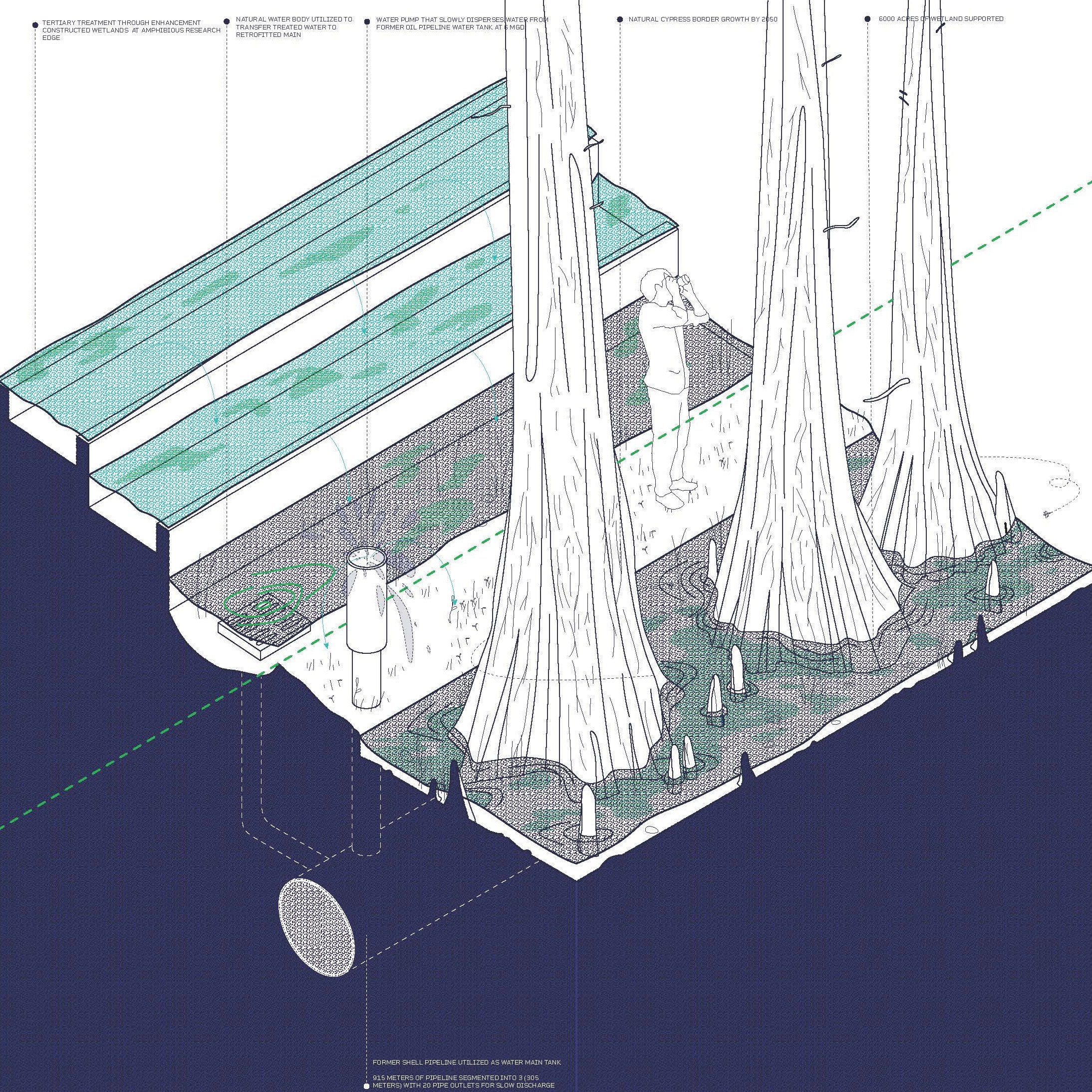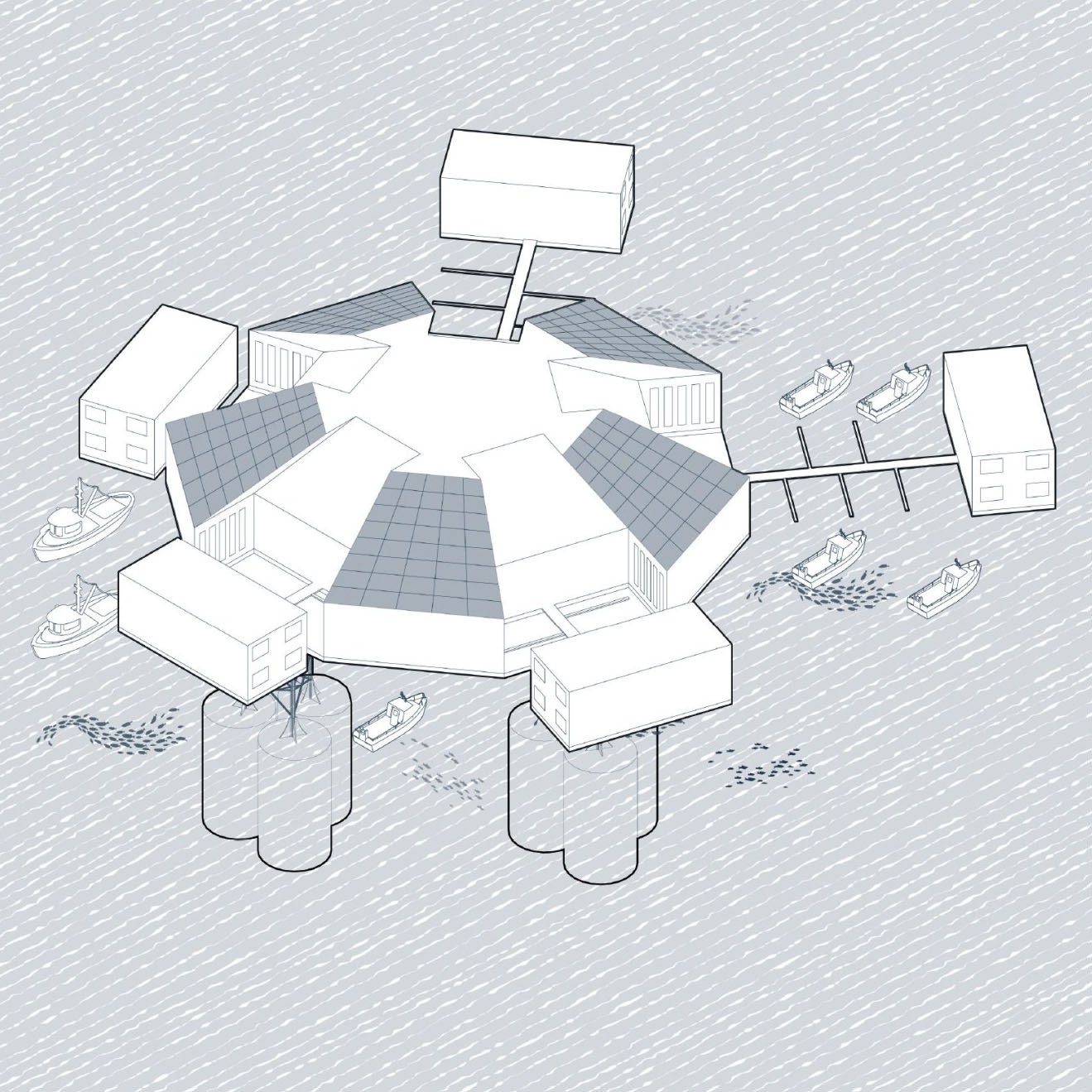Master of Landscape Architecture and Engineering
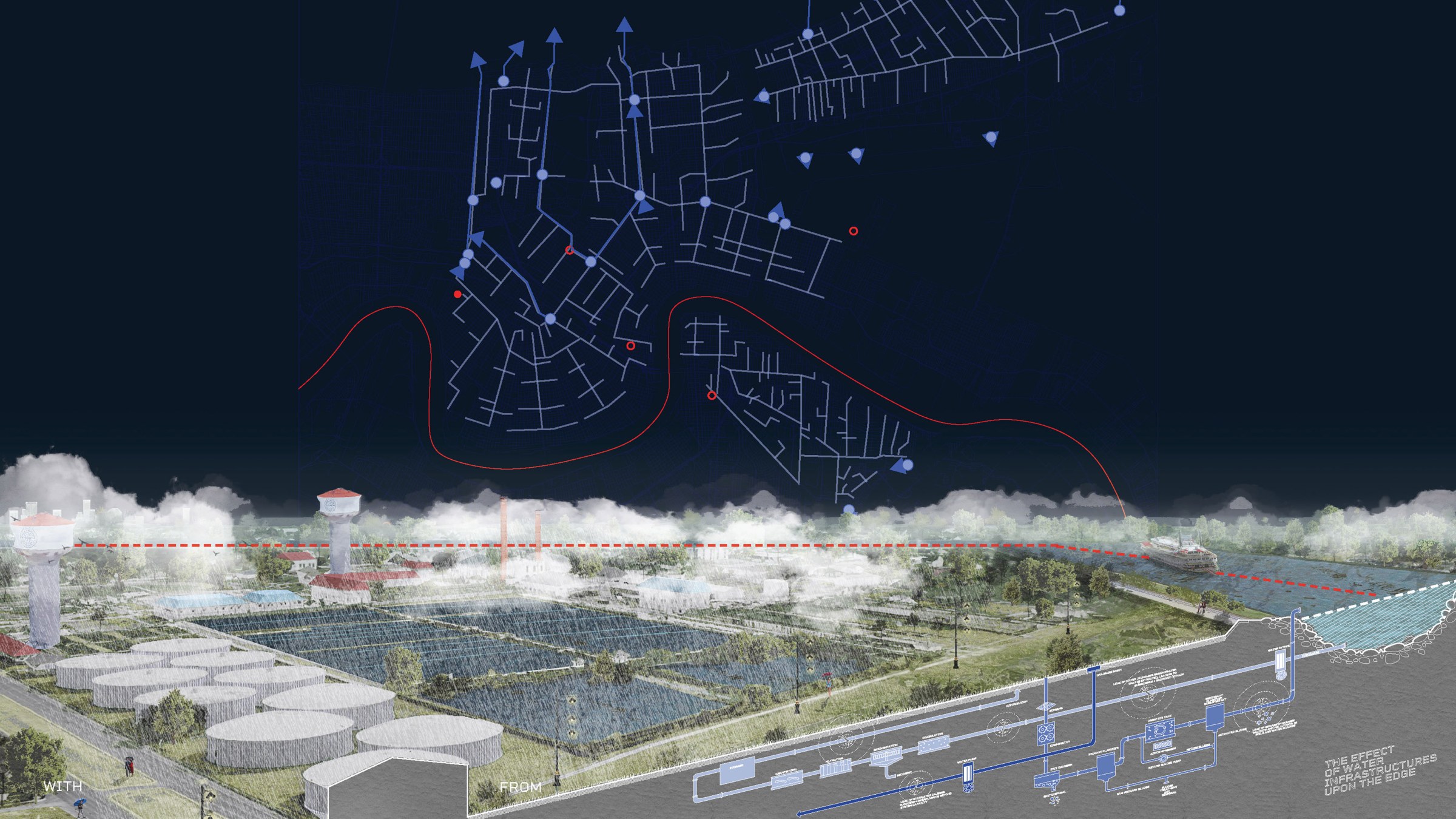
Heavily affected by the social and economic challenges related to climate change, the Gulf Coast region – and the world – needs interdisciplinary professionals who can help to address these issues.
The Master of Landscape Architecture and Master of Science in River-Coastal Science and Engineering creates a new pathway for graduate students interested in pursuing a career that combines landscape architecture (professional degree) and engineering. This interdisciplinary approach equips students with the high design skills necessary to address pressing environmental and social issues, while ensuring these skills are grounded in strong scientific and technical knowledge.
Applications for the inaugural Summer 2025 Cohort will open on September 1, 2024.
Advanced Standing
We recognize that each student's path to a dual degree is unique. We offer an Advanced Standing Portfolio Assessment for applicants with previous education or experience in landscape architecture. This assessment allows students to potentially accelerate their progress toward the dual Master of Landscape Architecture and Master of Science In River-Coastal Science & Engineering degree.
Applicants with pre-professional degrees, prior learning experiences, and demonstrable landscape architecture skills can request an advanced standing evaluation during the application process. Qualified previous experiences may satisfy specific degree requirements. A faculty admissions committee will review each applicant's portfolio, academic records, and previous experience to determine if they meet our degree requirements, granting advanced standing for relevant courses.
Program Overview
The design studio is expected to be the academic vehicle in which the sciences, engineering and landscape architecture components are combined to solve site-specific problems. Design studios are the equivalent to labs in the sciences. Design studios are classes where iterative processes of trial and error are set in motion looking for solutions for equations of several variables. The specificity of design studios is that these equations not only include quantitative variables but also several qualitative spatial and formal variables. This characteristic of qualitative and quantitative data is what makes these equations more complex to solve univocally because they have several solutions. Design studio courses will be co-taught by professional engineers and landscape architects.
Upon graduation, students will be able to assess urban and territorial scale challenges and develop projects aimed at transforming landscapes in a changing climate. These projects will emphasize urban ecological principles at the intersection of urbanization and natural systems and a high degree of technical and scientific resolution. Graduates will also be skilled in collaborating with fellow scientists, engineers, and landscape architects, as well as various stakeholders in both natural and built environments. As part of this interdisciplinary Landscape Architecture and Engineering program, housed in a leading AAU/R1-Research University, students will advance pioneering design research and cutting-edge problem solving within the built environment.
